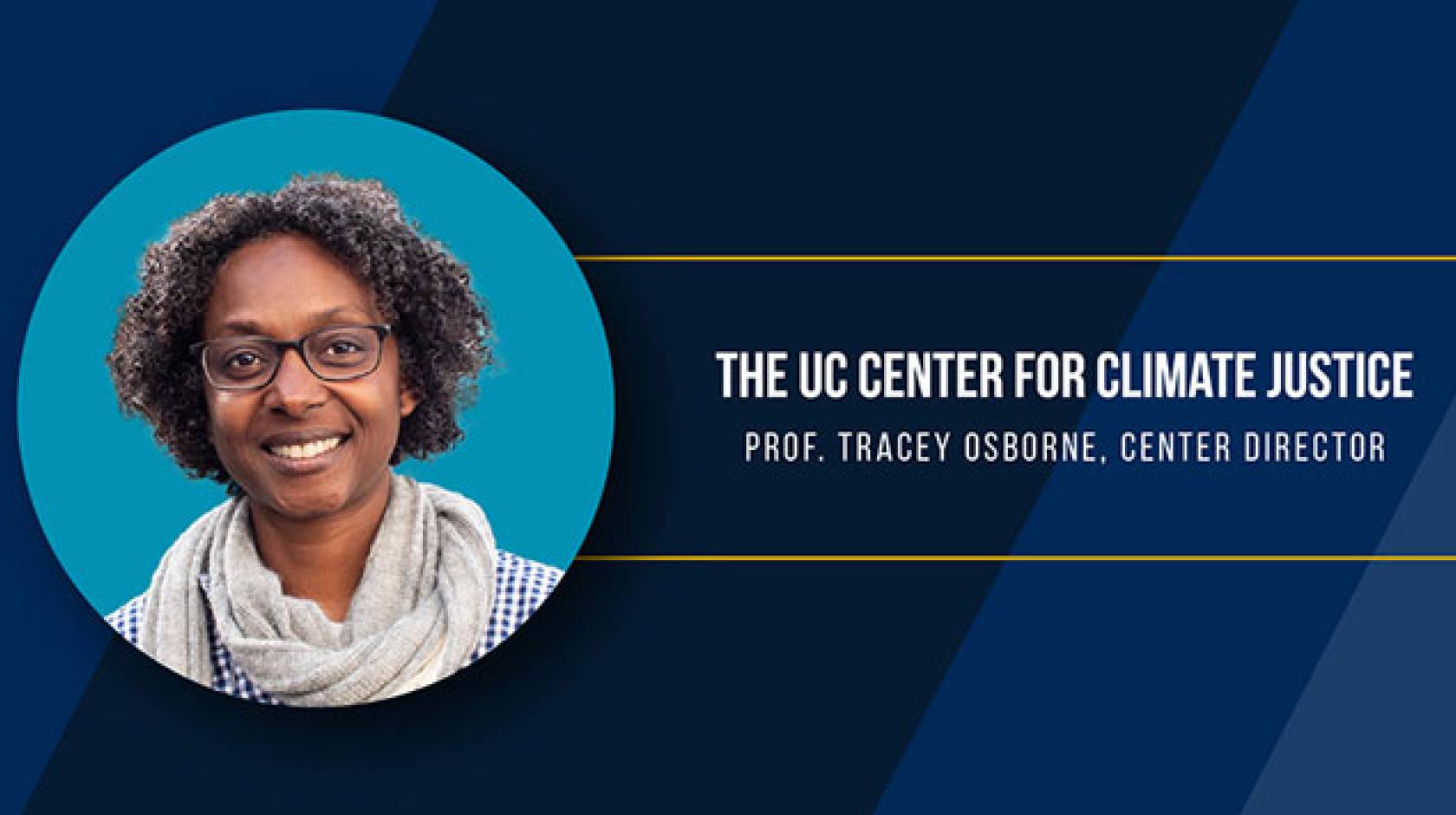Elizabeth Arakelian, UC Merced

The University of California is launching a new center just in time for Earth Day: the Center for Climate Justice.
Led by management of complex systems professor and UC Presidential Chair Tracey Osborne, the Center for Climate Justice is a system-wide initiative to address climate change as a social justice and equity issue. The center’s mission is “to leverage and harness the power of the university to support, strengthen and build an emergent climate justice ecosystem and social movement that solves the climate crisis through science, systems thinking and social-ecological justice. It does this through innovative broader-impact research, transformative education and public engagement.”
The UC Center for Climate Justice seeks not only to address the root causes of climate change, but also the broad range of associated social, racial and environmental injustices.
“While economic concerns and technology are important, we need a different approach guided by equity and justice. This is important because it brings a larger and more diverse group of people to the table who can relate to climate change from a justice perspective,” Osborne said. “It’s also important because climate justice solutions address the root causes of climate change, not just the symptoms, and by doing so, simultaneously address other interconnected social, racial and environmental issues.
“It’s not just the ethical thing to do, it’s our best hope for solving the climate crisis.”
The center will bring together researchers, educators, non-governmental organizations, activists, policymakers, philanthropists, Indigenous community leaders and people from the private sector to fight for climate justice in California and beyond.
Looking forward, the center also aims to equip the next generation of climate justice leaders through innovative research, transformative education and public engagement. This is reflected in the six pillars of the center’s work: just transitions; Indigenous climate action; natural climate solutions; social, racial and environmental justice; community resilience and adaptation; and climate education, communication and engagement.
“Through this work, we aim to support deep collaborations between and across disciplines, institutions and communities,” Osborne said. “We are also committed to empowering the next generation of climate justice leaders through the bold goal to produce 1 million climate justice warriors and changemakers by the year 2025.”
The Center for Climate Justice’s two-day launch event kicks off on Earth Day, April 22. It will feature keynote presentations by food sovereignty scholar-activist Vandana Shiva and Department of Energy Deputy Director for Energy Justice Shalanda Baker; a fireside chat with Osborne and Roosevelt Institute Climate Policy Director Rhiana Gunn-Wright; and panel discussions featuring California climate justice leaders, scholars and activists. There will be breakout room conversations and a music and spoken-word celebration.
Registration and more information are available here.
